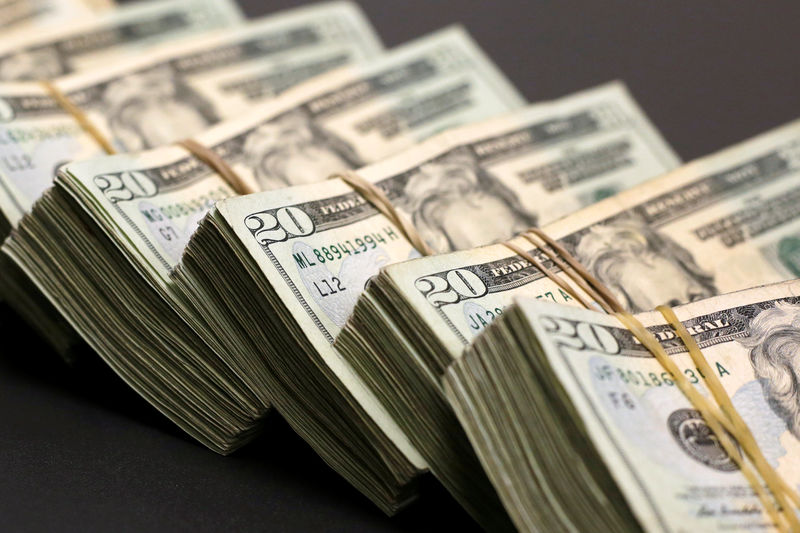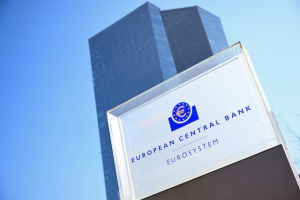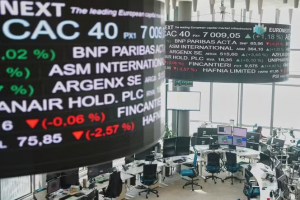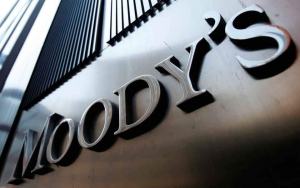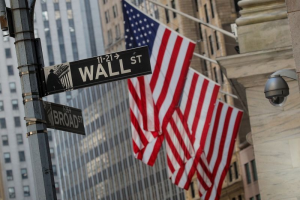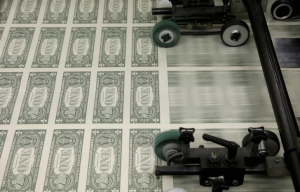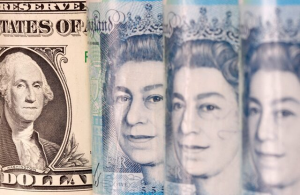The U.S. dollar rose Wednesday, boosted by hawkish comments from Fed officials, while slipping consumer confidence weighed on the euro.
At 03:35 ET (08:35 GMT), the Dollar Index, which tracks the greenback against a basket of six other currencies, traded 0.2% higher at 105.480.
Hawkish Fed comments boost dollar The greenback received a boost during Tuesday’s session after Fed Governor Michelle Bowman said the U.S. central bank will likely leave interest rates steady "for some time" in a bid to help corral "elevated" inflation, adding that she does not expect the central bank to cut borrowing costs in 2024.
Bowman -- typically seen as one of the Fed's more hawkish voices -- flagged that it is not yet "appropriate" to lower rates, adding that she remains "willing" to raise rates even further should progress on inflation stall or reverse.
Her comments come after San Francisco Fed President Mary Daly said on Monday that recent "bumpiness" in inflation has "not inspired confidence" in policymakers and muddied the Fed's path toward achieving price stability.
Expectations of the future path of U.S. interest rates has been a major driving force in the foreign exchange market, with Fed officials calling for more data showing a slowing of inflation before agreeing to cut interest rates.
Friday’s PCE price index data is in the spotlight, as this is the central bank’s preferred inflation gauge, and should show whether a nascent slowdown in inflation is continuing.
But recent PCE readings have not been in line with expectations. The latest reading showed U.S. inflation unexpectedly tracking sideways in April.
Another such reading could undermine the argument that rate cuts are coming soon.
German consumer sentiment slips EUR/USD fell 0.2% to 1.0696, after data indicated that German consumer sentiment is set to fall slightly in July, ending a four-month streak of rises.
The consumer sentiment index published jointly by GfK and the Nuremberg Institute for Market Decisions unexpectedly fell to -21.8 heading into July, from a slightly revised -21.0 in June.
The index joins other indicators pointing to a bumpy road ahead for Europe's largest economy, after Ifo's business climate index and HCOB composite PMI also unexpectedly fell this month.
The French elections are due to kick off this weekend, with the political turmoil in France in the wake of President Emmanuel Macron's shock snap election weighing on the single currency.
“Markets appear to be making peace with the prospect of a National Rally victory and parliamentary gridlock, especially after Le Pen’s party attempted to ease market concerns on the fiscal side,” said analysts at ING, in a note.
“We suspect investors remain way more sensitive to a better-than-expected result by the New Popular Front, which recently announced a EUR 25bn spending plan for 2024, followed by another 150bn by 2027, and is now perceived in markets as a greater threat from a fiscal stability perspective.”
GBP/USD fell 0.1% to 1.2668, with the currency trading in a tight range as Bank of England policy makers remain quiet ahead of the country’s July 4 general election.
Yen close to intervention level
In Asia, USD/JPY traded 0.2% higher to 159.93, coming close to the 160 yen level that had spurred intervention in May.
Government officials kept up warnings that they would intervene in the event of any excessive volatility against the yen.
The yen’s latest bout of weakness came following dovish signals from the Bank of Japan over tightening policy during its June meeting.
USD/CNY edged 0.1% higher to 7.2667, remained at a seven-month high, following another weak midpoint fix by the People’s Bank of China.
Mounting pressure against the yuan, amid concerns over a trade war with the West, saw the PBOC keep two straight days of weak midpoint fixes.

